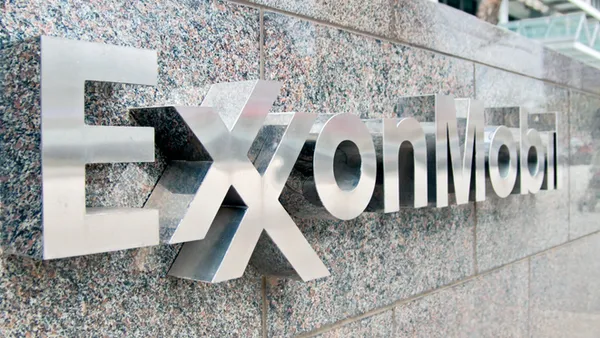Dive Brief:
- Issues of diversity are not new to organizations, but recent social movements have prompted S&P 500 companies to appoint leaders to approach diversity as a business issue, according to a study by management consulting firm Russell Reynolds Associates. Nearly half of the organizations represented in the study (47%) had a chief diversity officer (CDO), but 63% of those CDOs were appointed or promoted to their roles within the past three years.
- However, according to the perceptions of 97 diversity leaders in the study, many D&I initiatives weren't aligned with business priorities, and CDOs often lacked the necessary resources and support from their organizations. Researchers concluded that merely appointing people to the position of CDO is not enough to produce lasting changes in D&I initiatives.
- The most successful CDOs use analytics to establish key performance indicators and maintain D&I as a priority; influence change and positive behavior throughout their organization; effectively communicate internally and externally; and are pragmatic disruptors, who question the status quo within the organization to create equal opportunities for workers.
Dive Insight:
The demand for CDOs is rising, as the tight labor market drives up the talent hunt and more employers recognize the value of a diverse workforce. Companies also are hiring more CDOs in response to investors who are alarmed about the number of discrimination claims filed against the firms. Russell Reynolds said that in its review of 2017 and 2018 incidents involving executive misconduct, it found a $4 billion decline in market capitalization following public exposure of these incidents. The #MeToo movement may have increased the demand for more sexual harassment training, which also affects the demand for CDOs.
The Russell Reynolds report points out that merely appointing someone to head D&I initiatives isn't enough to affect change, and other studies agree. A Working Mother Media inclusion index showed that 100% of the Inclusion Index companies provide training on implicit bias, while 85% educate on generational diversity, 82% educate on sexual orientation and 70% educate on gender and racial/ethnic differences in leadership styles and communication. Inclusion involves making employees feel as though they belong and requires a daily commitment from an employer beyond the original hiring step.
D&I is sometimes treated as a "nice to have," but companies must make it part of their business strategy. In turn, CDOs, who tend to represent a range of disciplines — from HR to communications — must bring a business perspective to the job.











